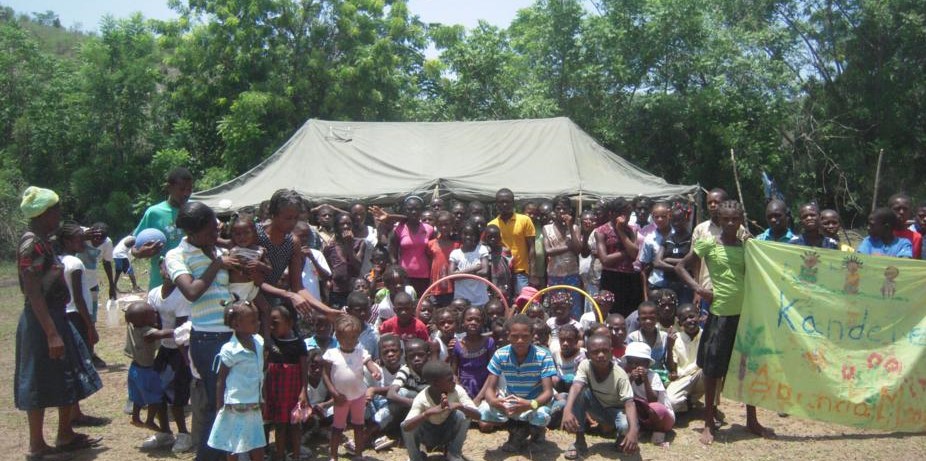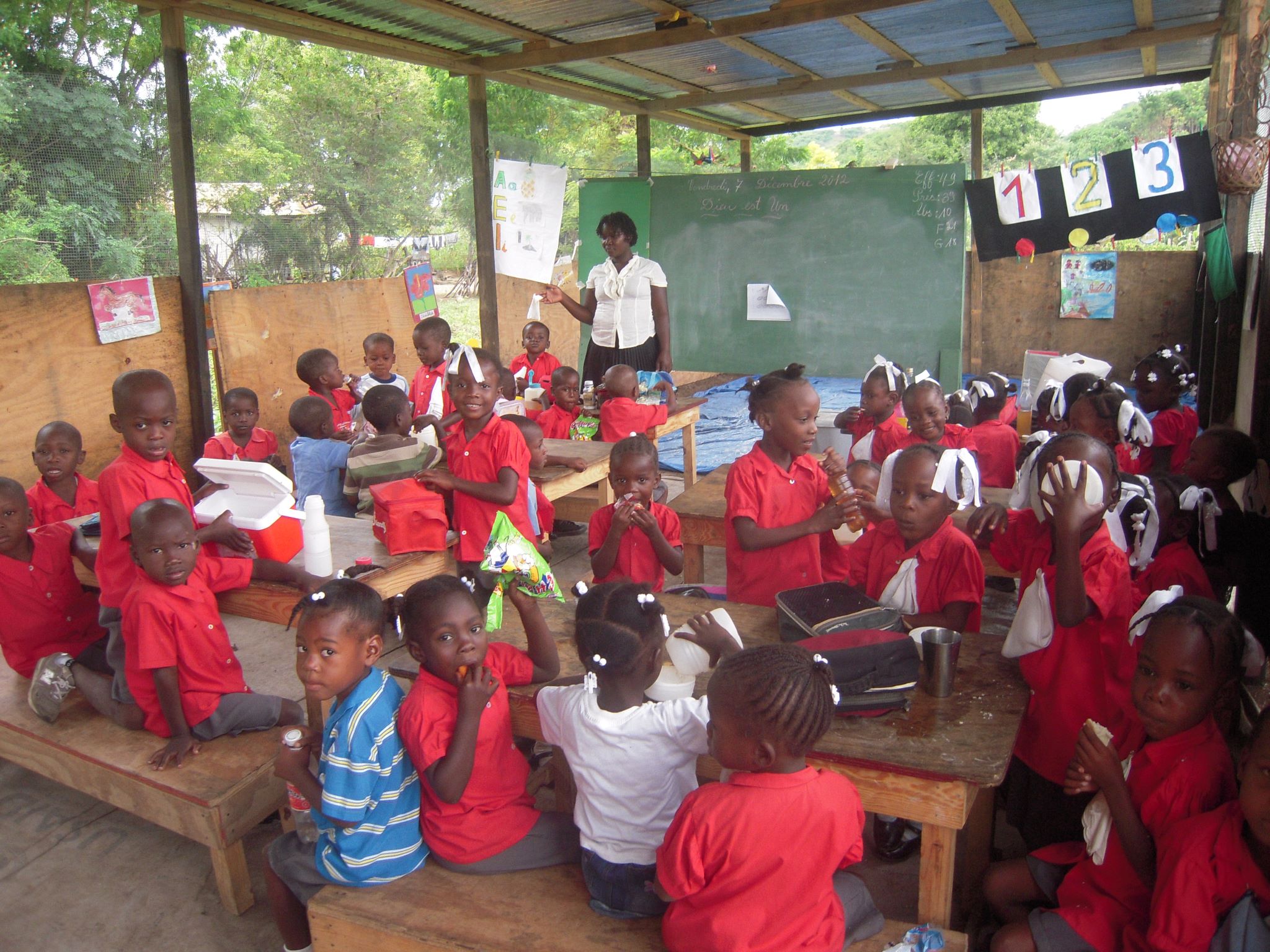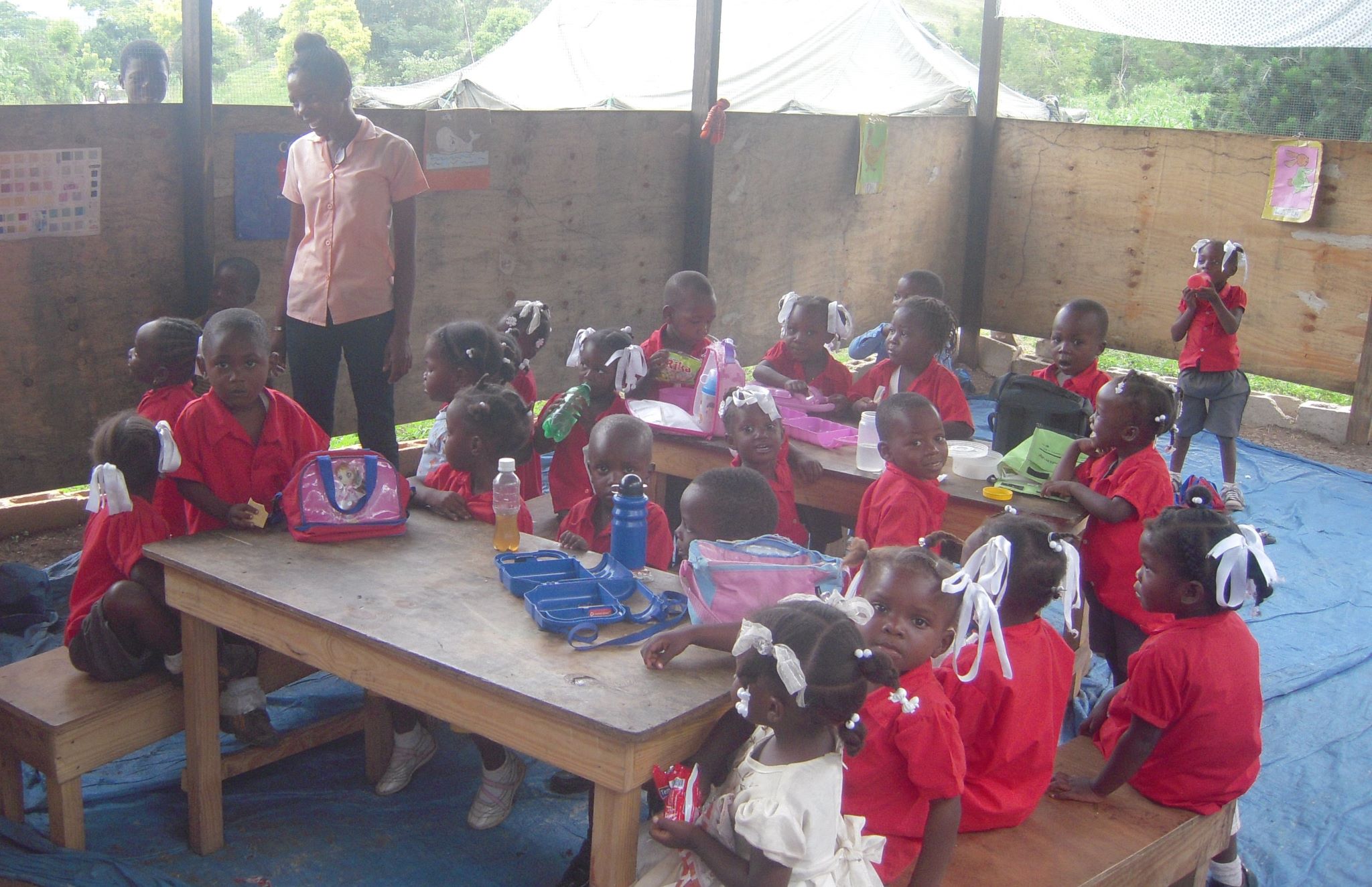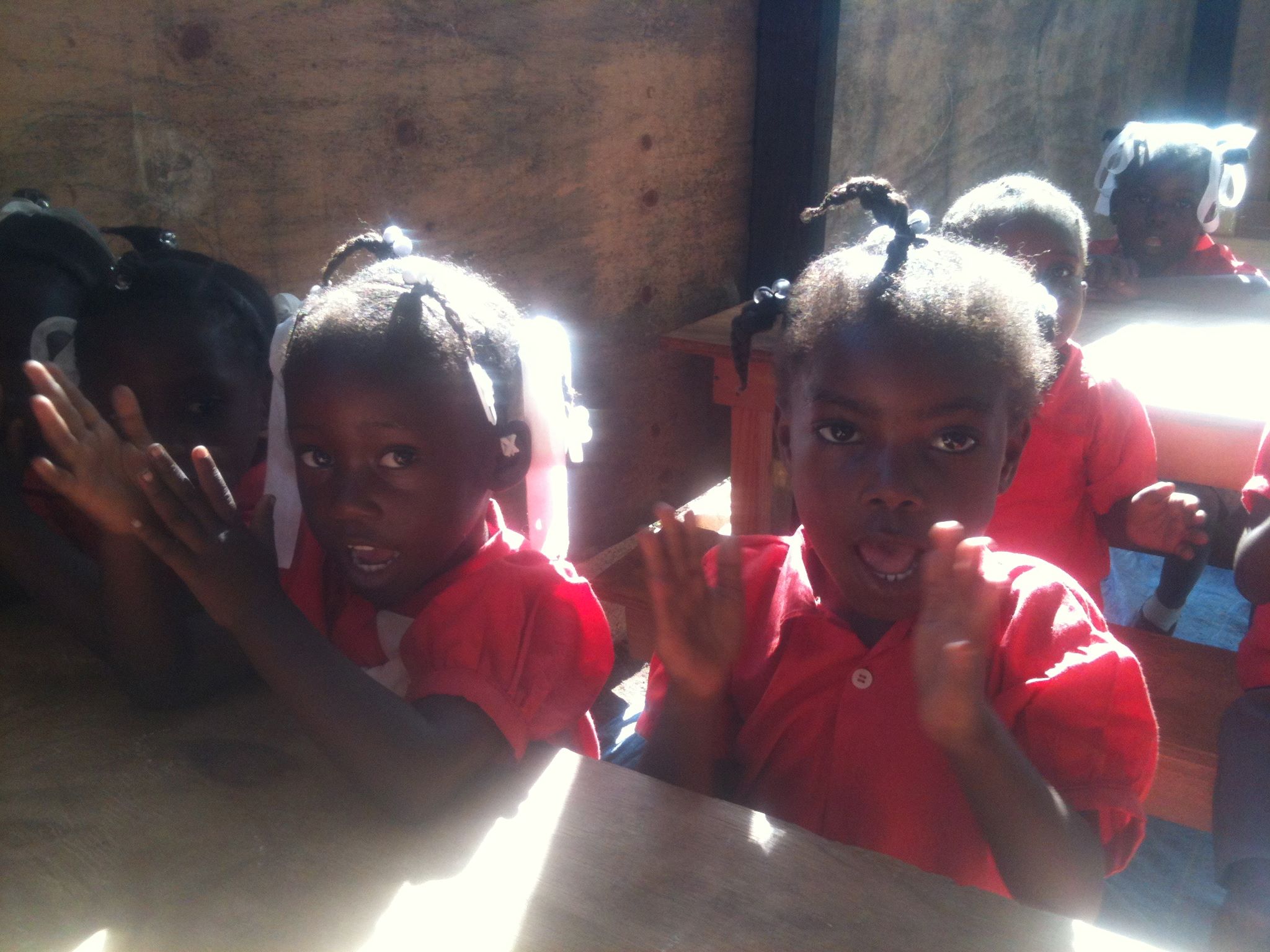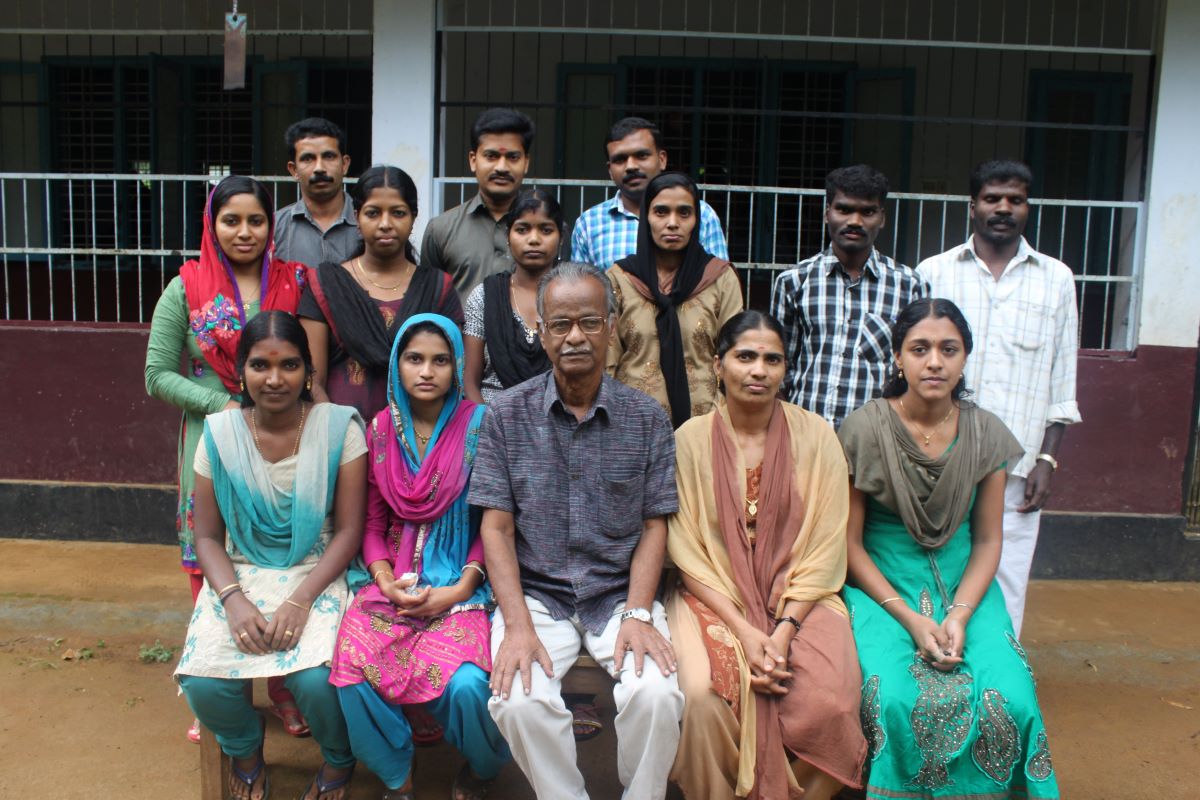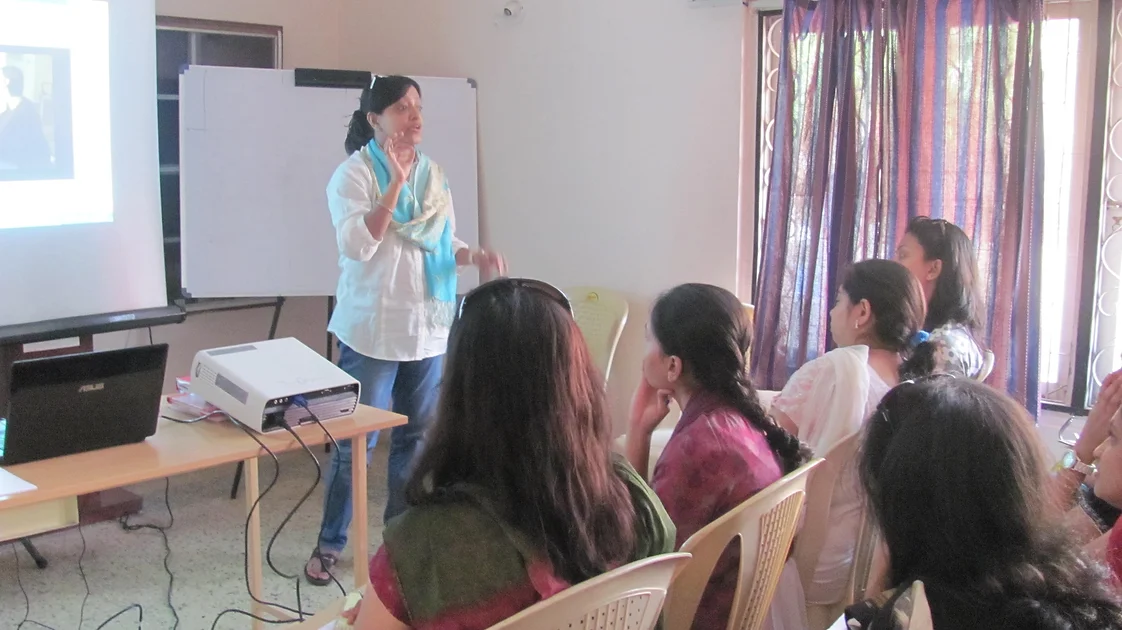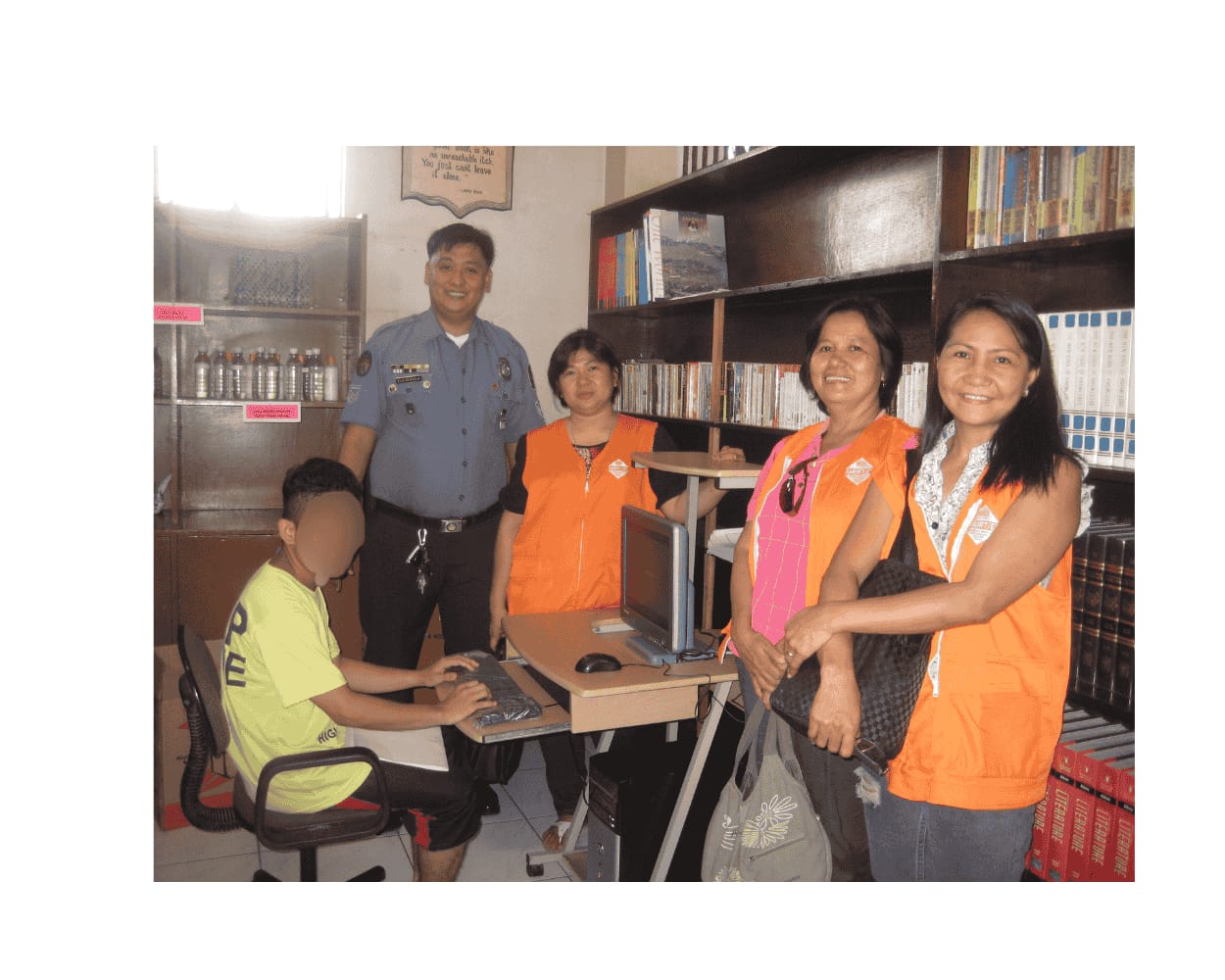Banan School, Haiti
Project Summary
VOC partnered with AMURTEL, an international relief and rehabilitation organization, with over 20 years of grass-root operations in Haiti, for the long-term rehabilitation work following the massive earthquake that happened in January 2010. Among the many projects that are run by AMURTEL in Haiti, VOC decided to support a new school that was started in Banan in 2011.
The goals of the project are:
- Provide education for the most vulnerable children in Banan
- Eliminate malnutrition that exists among children
- Create women’s ‘Self Help Groups’ to make changes in their communities
Contributions and Impact
- VOC provided a grant to help AMURTEL construct the first school
- Even in the school’s first year, attendance quickly grew to over 100 students. Since its construction, the school expanded to include two classrooms, sturdy walls, benches for the children, and even some traditional Haitian artwork.
- It is difficult to convey the pride the community took in its new school. Some children walk over five miles, each way, to attend school every day.
- These children belong to families that have rarely been included in government or social structures. For their children to receive a good-quality and formal education is truly life’s game-changer.
history
Banan is a small town in the Haitian countryside, located only half an hour from the border with the Dominican Republic. Despite its physical proximity to the Dominican Republic and the border region’s commerce, Banan remains a simple town lacking many basic resources. Approximately eight to ten thousand people live in Banan and its surrounding communities without access to affordable medical care or formal education. Many people in the region walk over a mile to their nearest source of water.
AMURTEL began its work in Banan in 2011. The efforts began by working with local organizers to create groups of women. These ‘Self Help Groups’ give women a space to share their ideas, identify resources, and collaborate to make changes in their own communities. As the groups grew, and the women became more vocal and empowered, one need rang out clearer than the others: early education for the most vulnerable children in Banan.
In collaboration with the ‘Self Help Groups,’ the Community Council of Banan offered to donate land for the construction of a school and began one of the groups’ first achievements.
